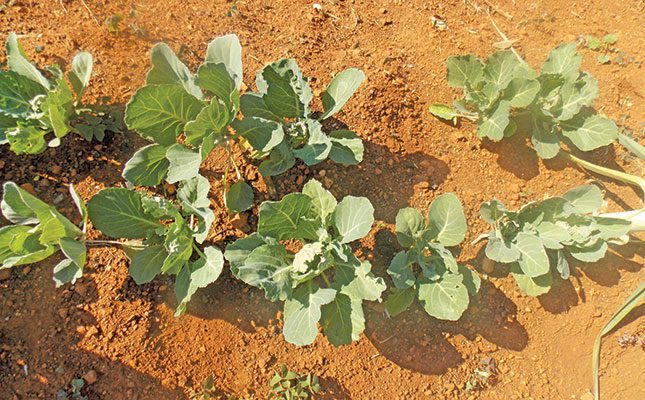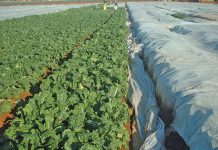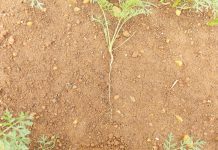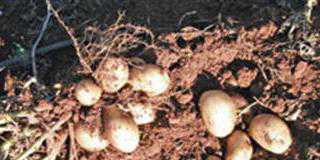
Photo: Bill Kerr
Timing often separates successful farmers from those who are unsuccessful. Good farming is not just about having the requisite knowledge, but being able to implement that knowledge at the appropriate time without procrastination.
Very few farmers have not erred to some extent in this regard. I certainly have, and it cost me dearly.
When it comes to growing crops, each task needs to be done properly at the correct or optimal time. If, for example, you need to spray a herbicide at a certain stage and you miss the window due to a flat tractor tyre, followed by a rainy spell, you may not get the desired weed control and may be forced to use another product later on, or else weed by hand. Any delay costs money.
Pest control is another task where many, including me, have procrastinated and paid the price.
Most pests are controlled more easily at a certain age. Getting this timing right can save a great deal of money.
Document
Timing goes hand in hand with planning. After planting, document each procedure required so that you know when to apply top dressing or look for certain pests.
The safest procedure is to make notes in your day-to-day planner, which should include every crop you have planted.
Alternatively, write down every crop with each procedure required on spreadsheets on your office wall so that you can glance at it each day.
Include the labour needed for each task; this will help prevent labour bottlenecks at certain times. By doing this at the planning stage, you’ll quickly see where labour requirements clash and you can then reschedule crop planting accordingly.
It’s easy to procrastinate due to unforeseen events, which seem to pop up almost daily. This takes our attention away from what we’ve planned to do. If you don’t make a note of the planned activity, it’s all too easy to forget until the lack of timing has cost you with additional expenses or lower yield.
Timing is particularly important when it comes to applying nitrogen to a crop. This is something you can’t simply ‘catch up on’. By the time you see the crop showing symptoms of nitrogen deficiency, the damage has already been done.
Not only will it be a while for the next application to be taken up by the plant, but the plant itself will have adjusted its growth to compensate for the deficiency and will be slow to be ‘kick-started’ again.
By this time, weeks of optimal growth will have been sacrificed, and this will be seen in the reduced yield.
Bad timing and procrastination steal your profits. Successful farming involves knowledge, experience and good timing.
Bill Kerr is a vegetable specialist and breeder.












